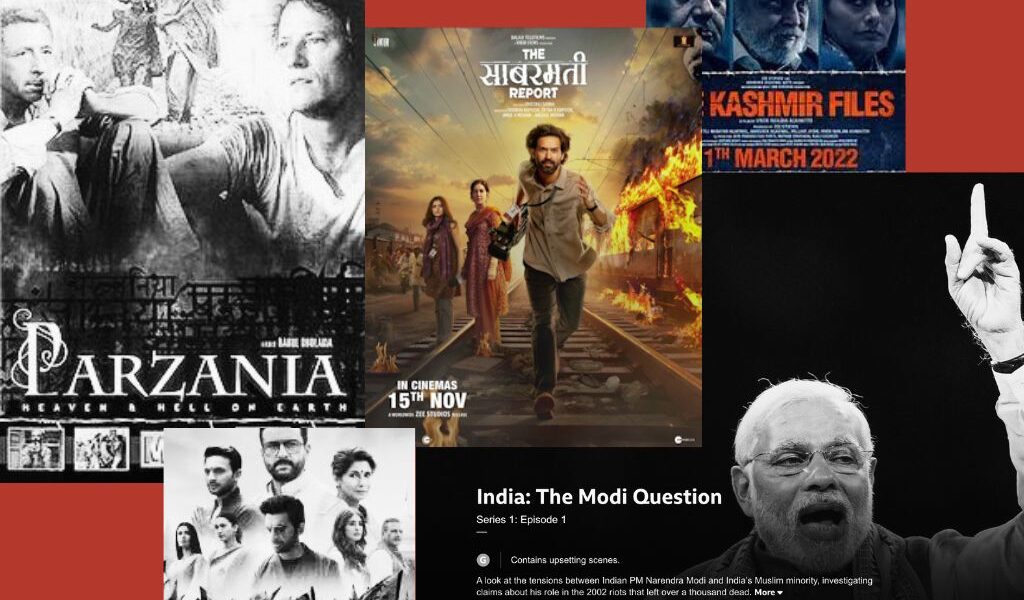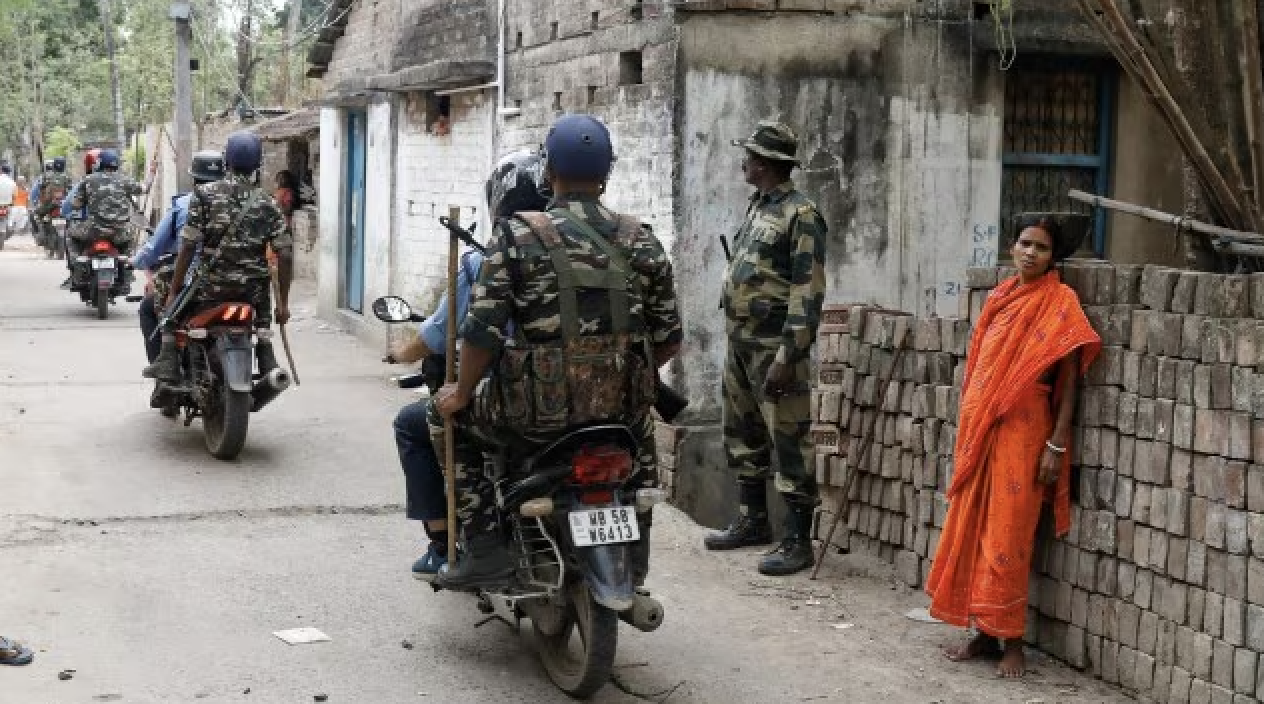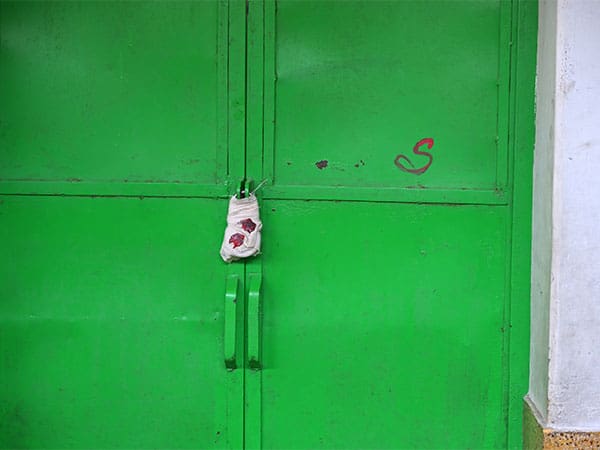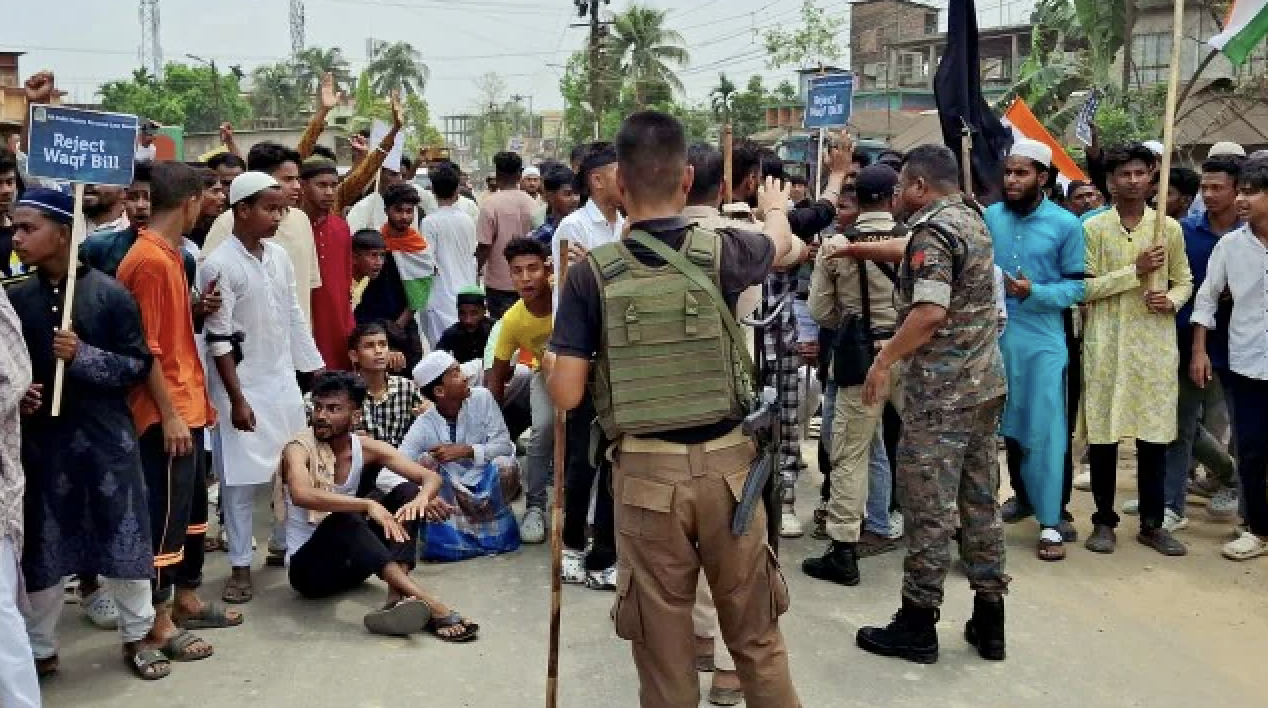
By Tarushi Aswani
New Delhi: The families living in the various makeshift colonies of Gujarat know that whenever the 2002 Gujarat pogrom makes a reappearance as a topic of discussion, the depth of the conversation will not do justice to the extent of their loss.
The Sabarmati Report may have been screened at the Balyogi Auditorium in the parliament house for prime minister Narendra Modi, information and broadcasting minister Ashwini Vaishnaw, parliamentary affairs minister Pralhad Joshi, Union home minister Amit Shah and defence minister Rajnath Singh, but that it does not skim the surface of the truth is a fact known to these residents.
Memories of murder, despair, the failure of democracy and the ruptured rule of law have haunted the homes and hearts of victim families.
Modi praised the film on X, saying, “It is good that this truth is coming out in a way that is accessible to everyone. A fake narrative can only last so long—facts eventually prevail”.
Released on November 15, The Sabarmati Report rakes an issue deeply connected with the Bharatiya Janata Party government and its version of what unfolded on February 27, 2002. On this day, a train with Hindu pilgrims returning from Ayodhya stopped at Godhra, a small town in Gujarat’s Panchmahal district, approximately 150 kilometres from the state capital, Gandhinagar. After an alleged altercation between the Muslim vendors working at the station and the passengers inside the Sabarmati Express, a fire is said to have erupted in one of the coaches of the train, killing 59 people.
Even after 22 years since the incident, the details of what happened before the fire remain under layers of obfuscation.
This story was originally published in thewire.in. Read the full story here.






